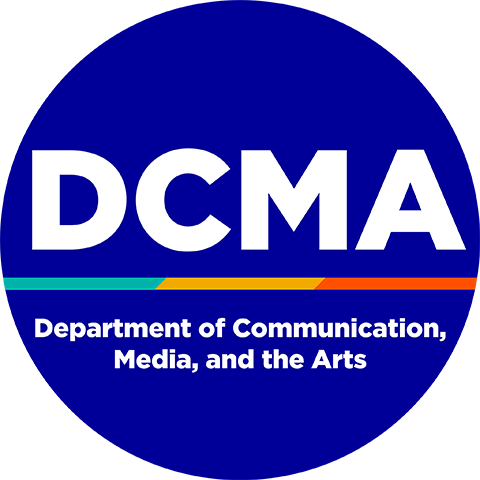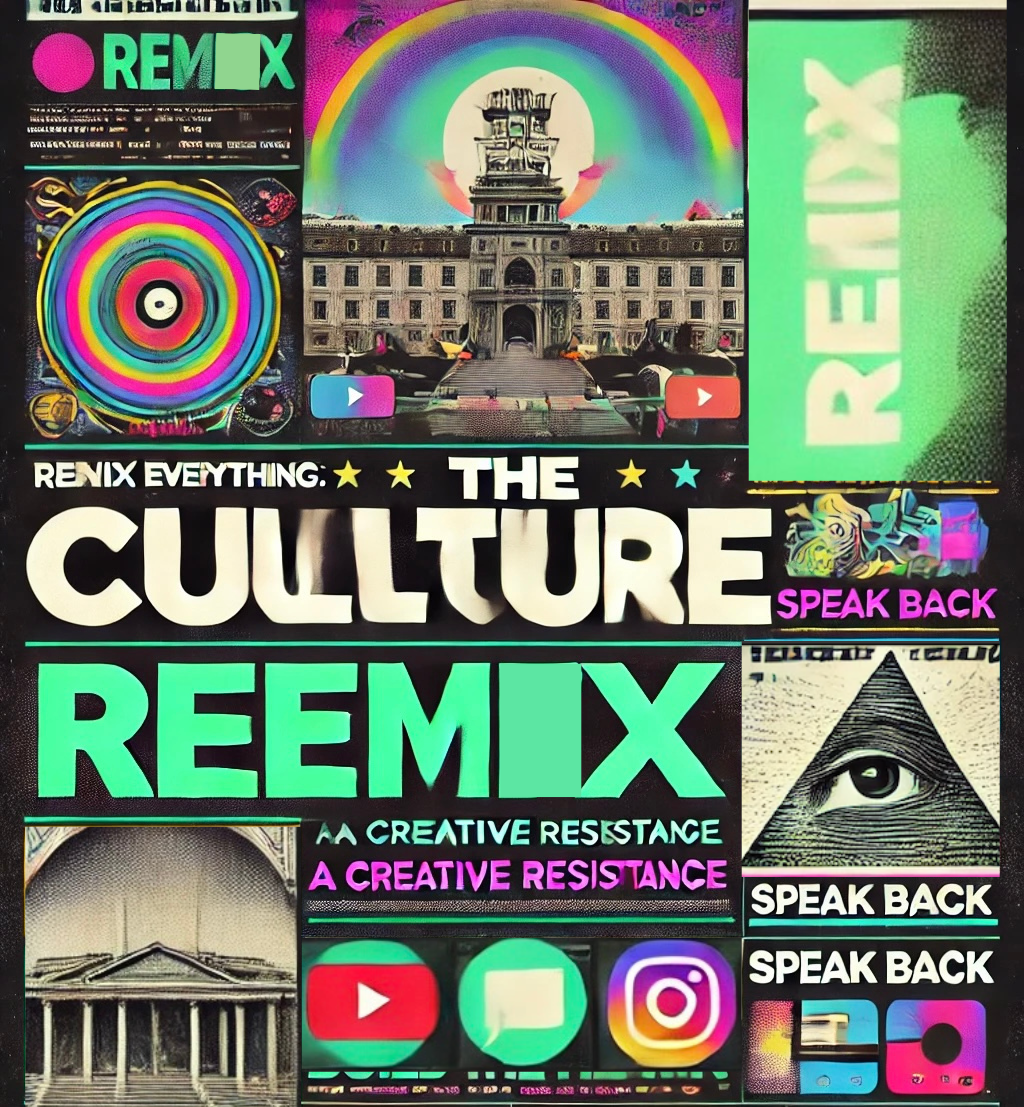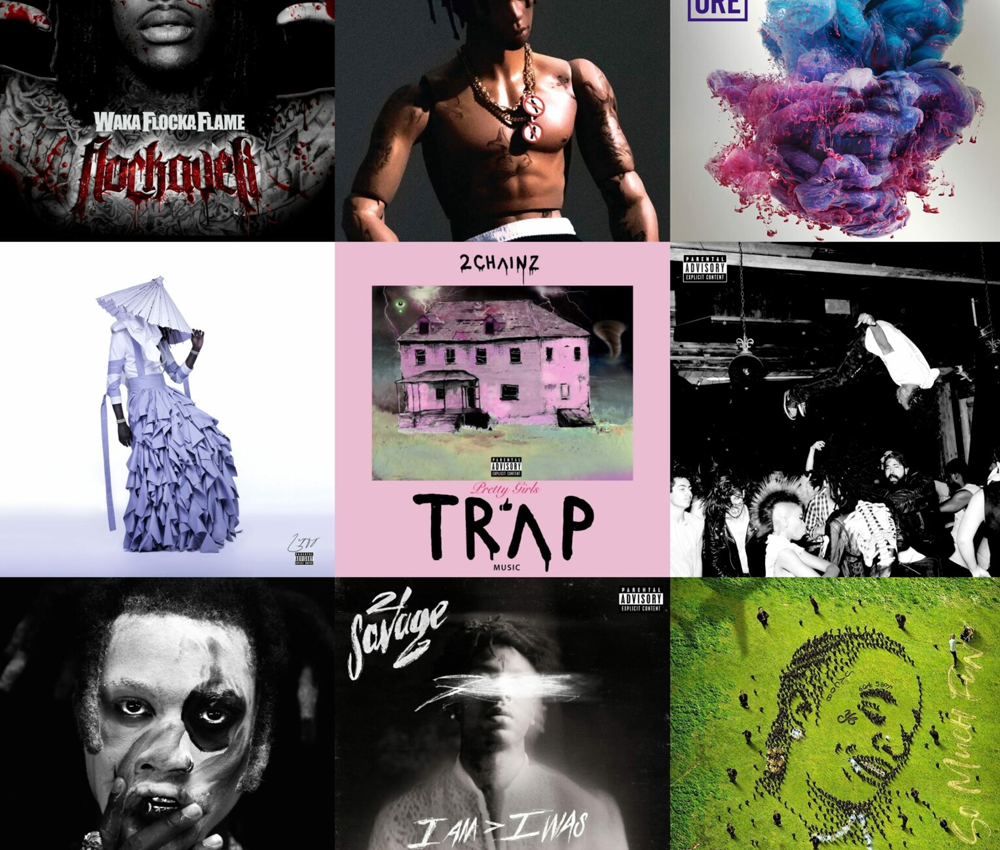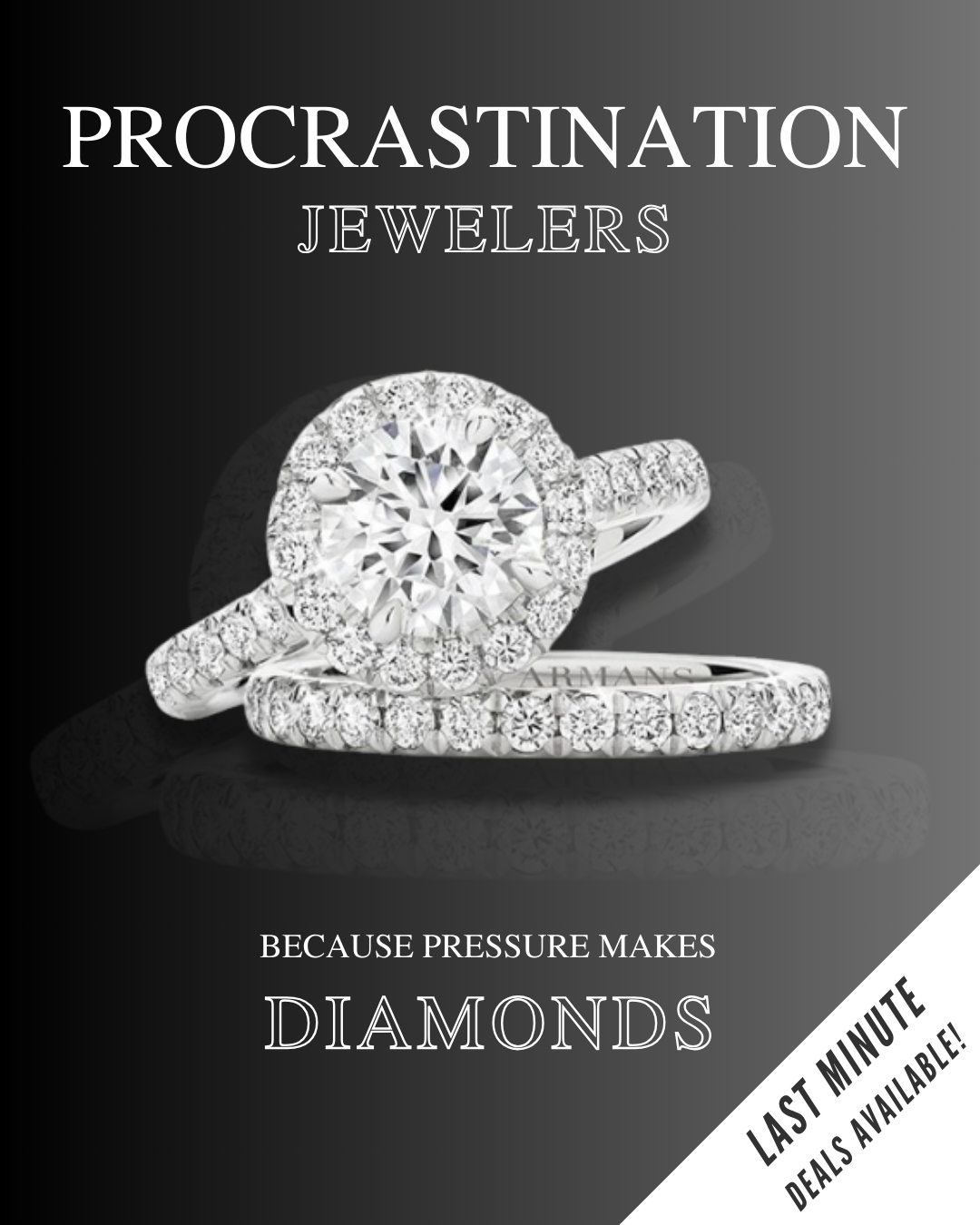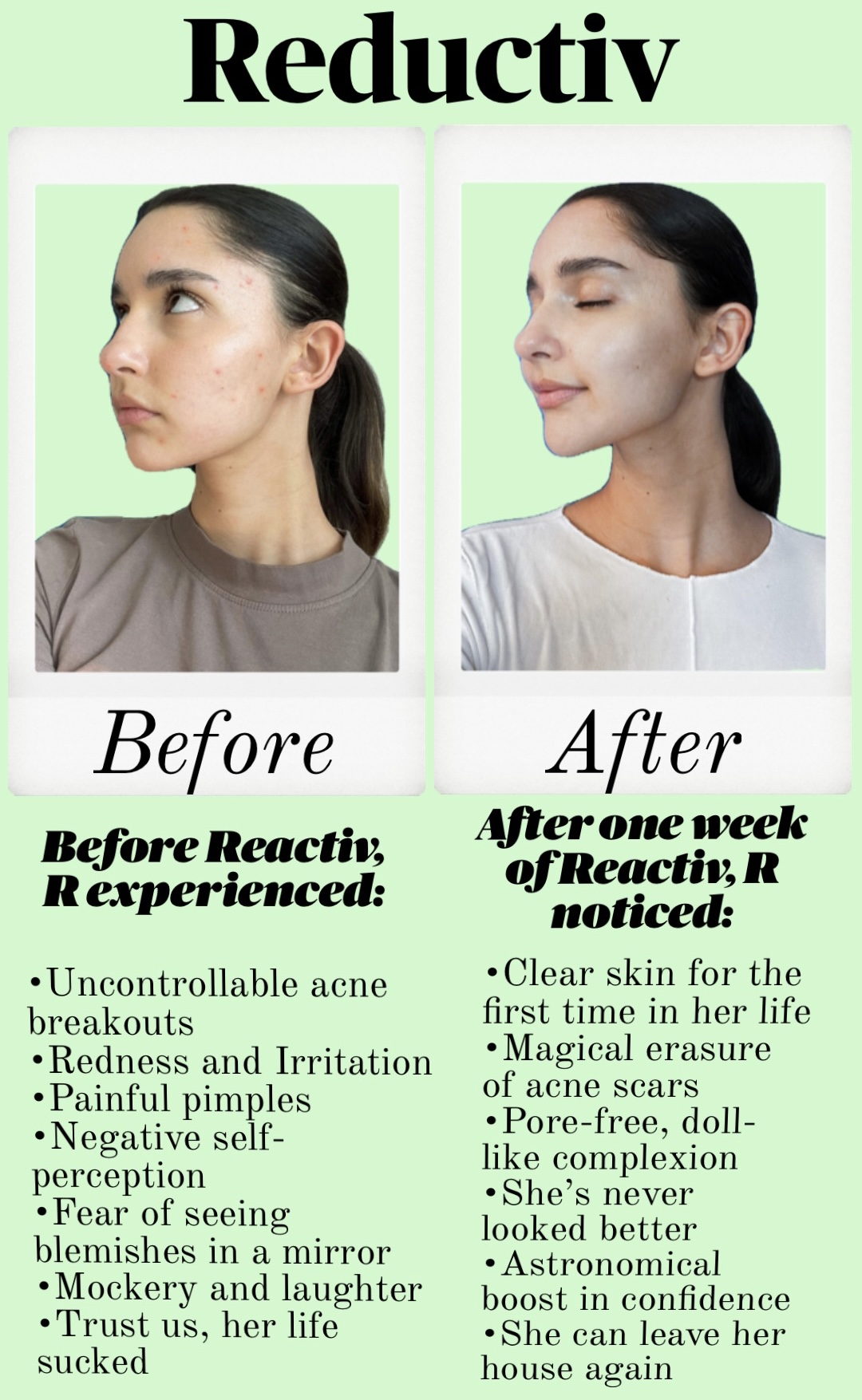
- Maker: Rafaela Luzuriaga
- Genre: Parody
- Level: Graduate
- Program: Composition, Rhetoric, and Digital Media
- Course: WRIT 5340: Studies in Multimodality and Digital Media
- Instructor: Dr. Eric Mason
- Semester Created: Winter 2023
Description
This project is intended to parody skincare (particularly products for acne-prone skin) advertisements targeted to young women. I decided to approach the parody aspect of this project by recreating the typical before-and-after photo ads that showcase a skincare product’s alleged results. Oftentimes, these photos are heavily edited and unreliable, as well as damaging to young women’s self-perceptions. They are not only misleading as to what the actual results are, but they promote unreachable beauty standards. The tone of these ads is usually negative towards the before photo and notably positive and complimentary on the after, and this is what I wanted to poke fun at with my recreation.
I researched this genre of advertisements and based my recreation on the simpler formatting among these. I wanted it to fit the mold of something you would see scrolling through social media, as this is how many young people consume advertisements these days. I took two photos of myself and my natural breakouts and acne and accentuated the “before photo” with adding more redness (meant to emphasize the acne and make it appear irritated), and smoother my skin to look clear on the “after” photo. Beneath the “before” photo I listed hyperbolic symptoms of having acne, evoking what many of these ads want their costumers to feel about themselves in order to sell their product. Then, beneath the “after” photo, I listed the exaggerated results (in just one week!) of my fictional product, similar to the impossible promises some skincare brands make. Finally, I named my brand Reductiv because it rhymes with a popular acne-prone skincare brand, as well as with the word “reductive.” This implies this type of marketing is reductive to the issue of declining self-confidence in young women, as well as even inflammatory to the problem.
Reflection
In this project, I was influenced by some of the reading we did for this class, particularly Jonathan Alexander and Jacqueline Rhodes’ book On Multimodality and Craig Stroupe’s article “Hacking the Cool…” Both of these texts were useful when considering my intent with this parody as it related to a deeper rhetorical meaning that I was only able to tap into upon reflecting on my understanding of what Alexander and Rhodes call “prosumerism,” a concept that describes me as the creator of this amateur advertisement. In chapter three of their book, Alexander and Rhodes describe the prosumer as a “convergence of the professional and the consumer in terms of new media tools” (106). Without that self-aware aspect of my parody, one that informed how I placed myself as both the consumer and creator, both literally (by using photos of myself and editing them) and by taking a figurative step beyond the boundary of the consumer who allows these types of ads to influence my self-perception to a more aware consumer that is able to humorously criticize the issue. Stroupe was also influential in my approach to this project by allowing me to accept the value of stepping away from the modality I am most comfortable with (writing) and trying my hand at photo manipulation. His examples throughout the article I cite here were inspirational and encouraging. Granted, I was not able to completely give up writing, as evidenced by my choice to use a format of advertisement that uses more words than typical marketing strategies do. If I were to do this again, perhaps I would choose to parody something requiring more new media tools, and less writing.
Alexander, Jonathan, and Jacqueline Rhodes. On Multimodality: New Media in Composition Studies. Conference on College Composition and Communication, 2014.
Stroupe, Craig. “Hacking the Cool: The Shape of Writing Culture in the Space of New Media.” Computers and Composition, 2007, pp. 421-442.
